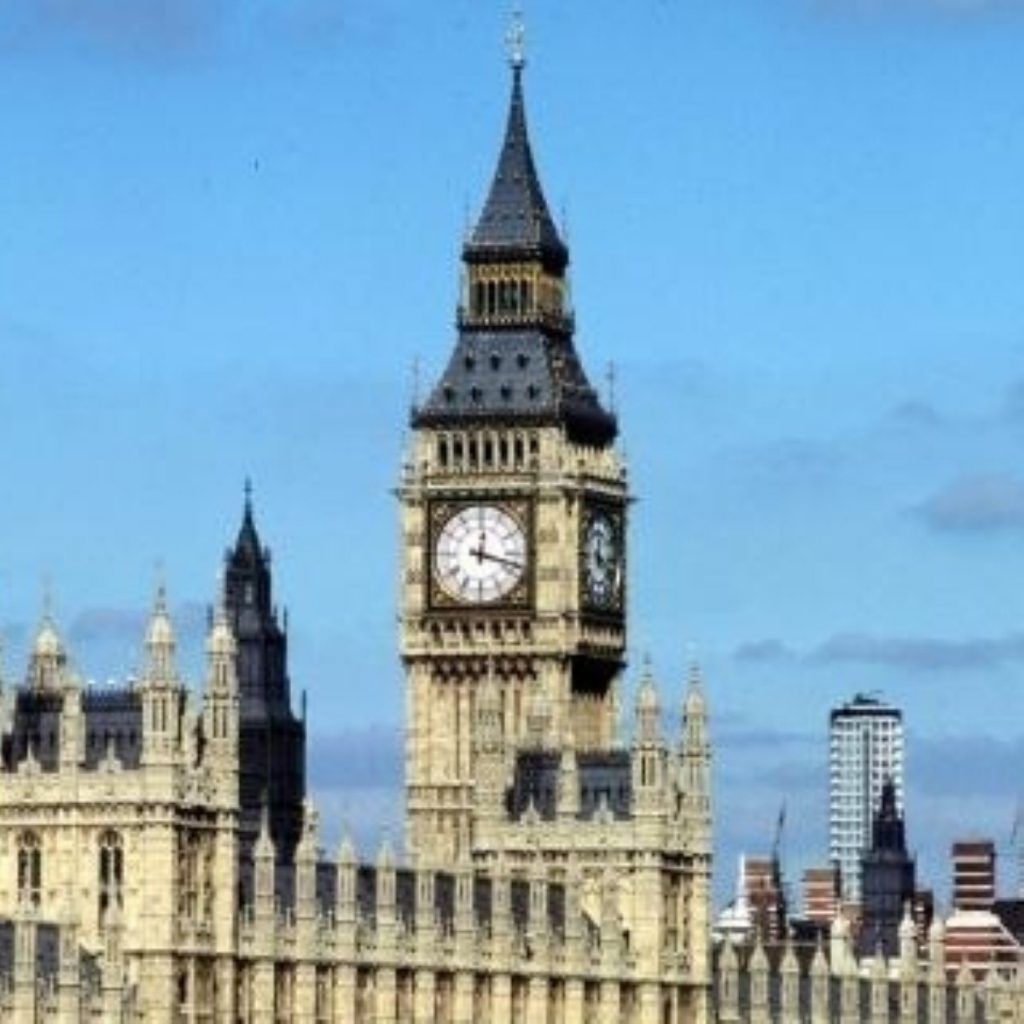MPs criticise lack of control orders debate
Parliament was asked to renew a power that is “routinely being used in breach of fundamental rights” without the chance to debate it fully, MPs have warned.
The joint committee on human rights has criticised the latest renewal of control orders, warning that parliament was given insufficient opportunity to scrutinise the controversial power, created under the Prevention of Terrorism Act.
Instead, the committee argued, parliament should push for more criminal prosecutions of terror suspects, including the use of intercept information.
Andrew Dismore, chairman of the committee, said: “We know there is a genuine dilemma: what to do about people who pose a serious threat but cannot be deported or prosecuted.


“The only right answer is to find ways of prosecuting them, but we fear that the government is not as committed to prosecution as it professes to be, and we are concerned that imposing a control order relieves the pressure on the police and the Home Office to bring a criminal prosecution”
The committee has previously voiced a number of concerns about control orders and stated that it could not endorse their renewal unless parliament was given the chance to debate their human rights implications.
Since then the High Court and Court of Appeal have quashed seven control orders on the grounds that they deprive liberty.
Pointing to Lord Carlile’s call for an exit strategy for control orders, the committee recommends that the government overcomes the main obstacles to criminal prosecution, including allowing the use of intercept information.
However, communications commissioner Sir Swinton Thomas has argued against lifting the ban on intercept evidence, warning that it could stop “valuable” information coming through if suspects know it will be used in evidence against them.
He argued: “The introduction of intercept material in the criminal process in this country would put at risk the effectiveness of the agencies on whom we rely in the fight against terrorists and serious criminals, might well result in less convictions and more acquittals and, most important of all, the ability of intelligence and law enforcement agencies to detect and disrupt terrorism.”
Human rights group Liberty has already voiced its disappointment at parliament’s decision to renew control orders, claiming that they fail to promote safety and undermine basic rights.
Jago Russell, Liberty policy officer, said: “It is time for the sun to set on the control orders fiasco”.












